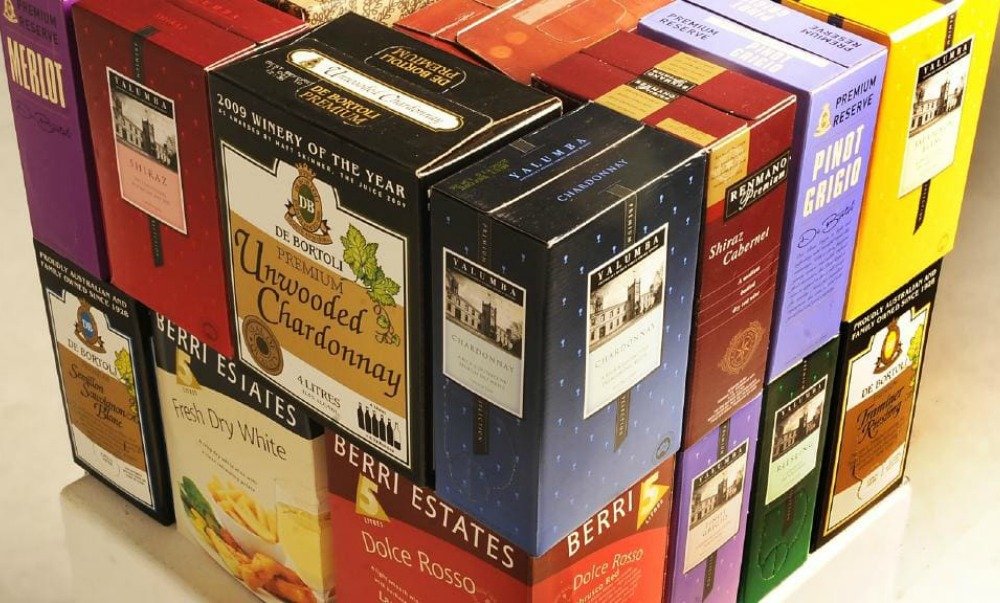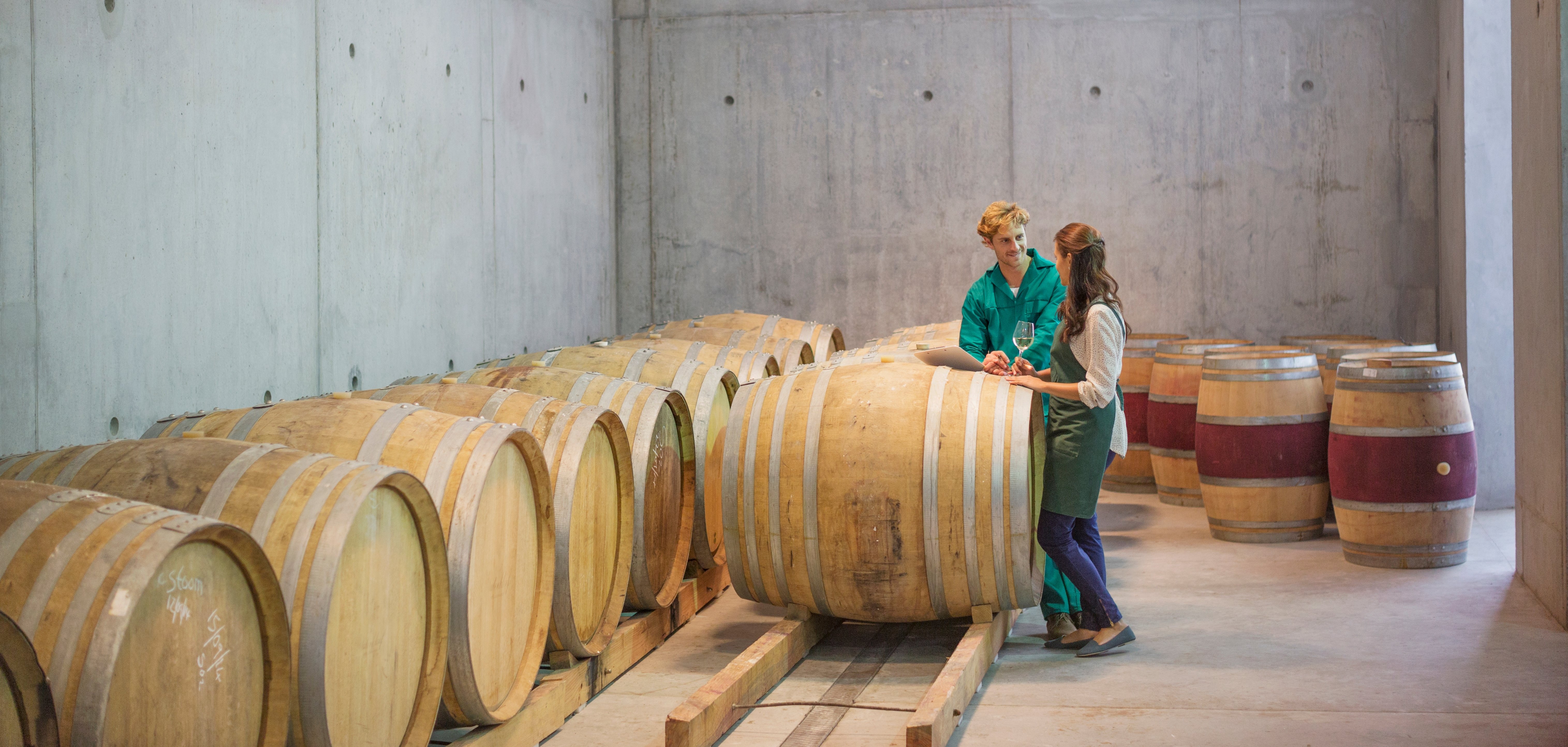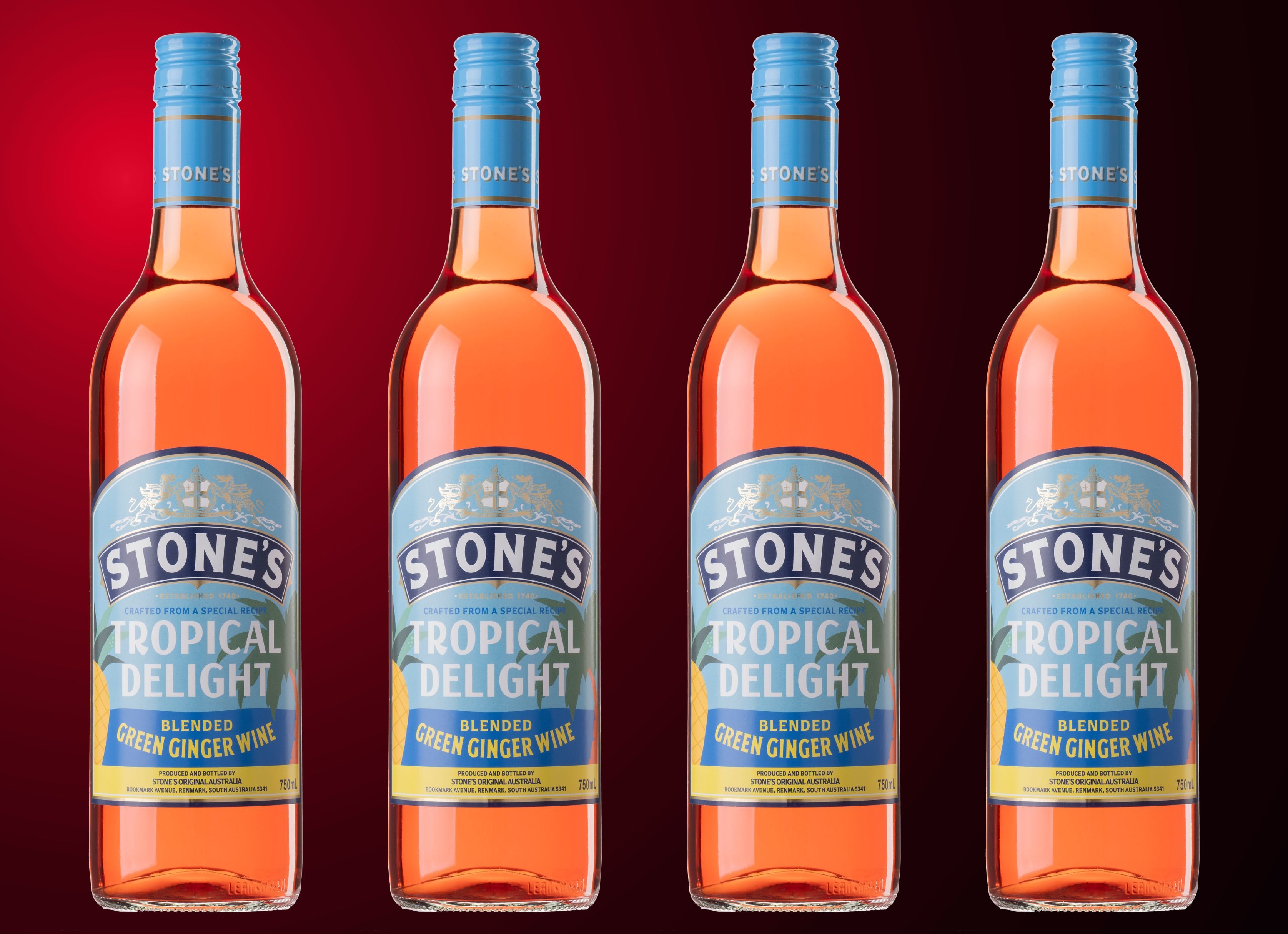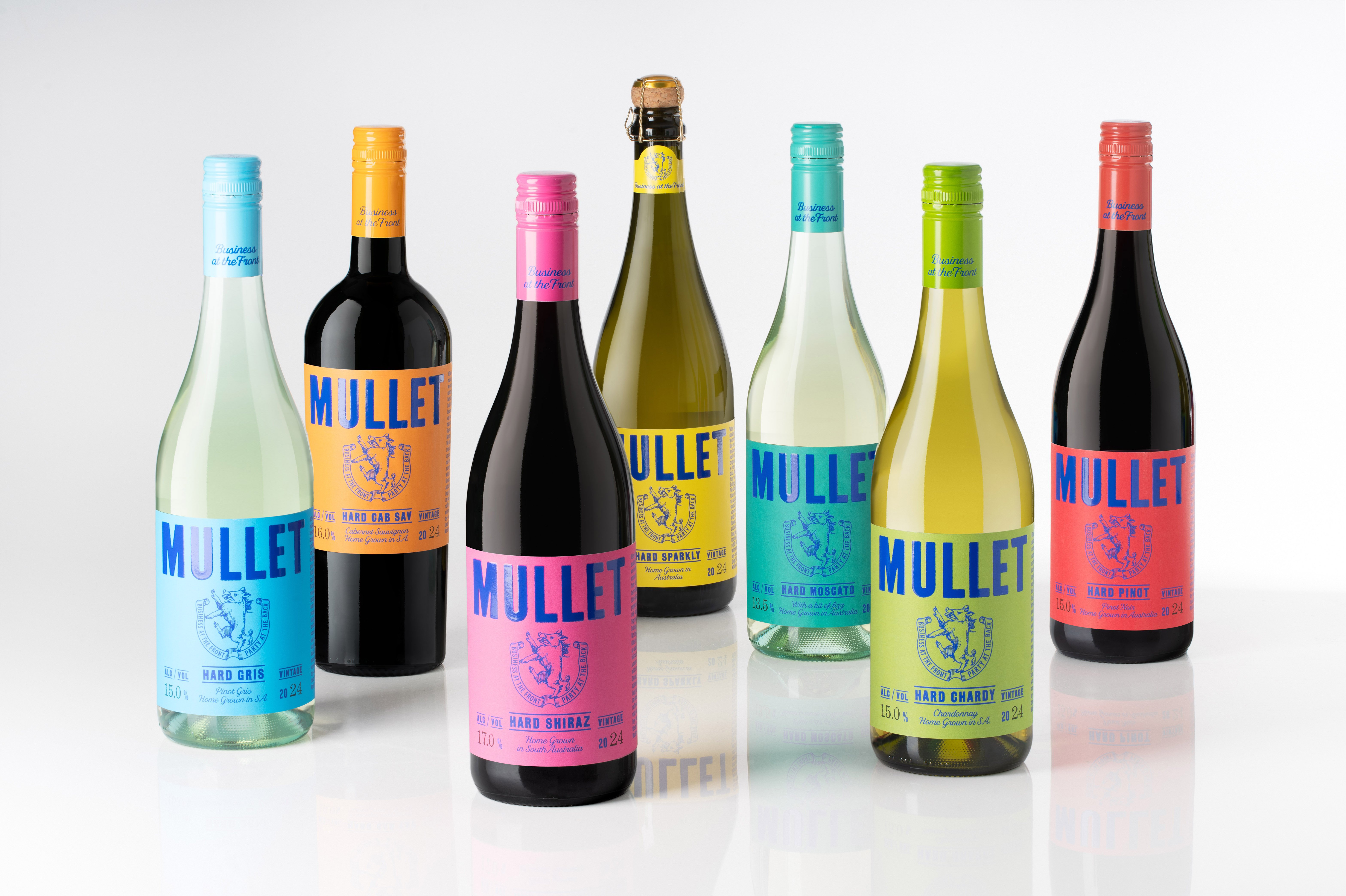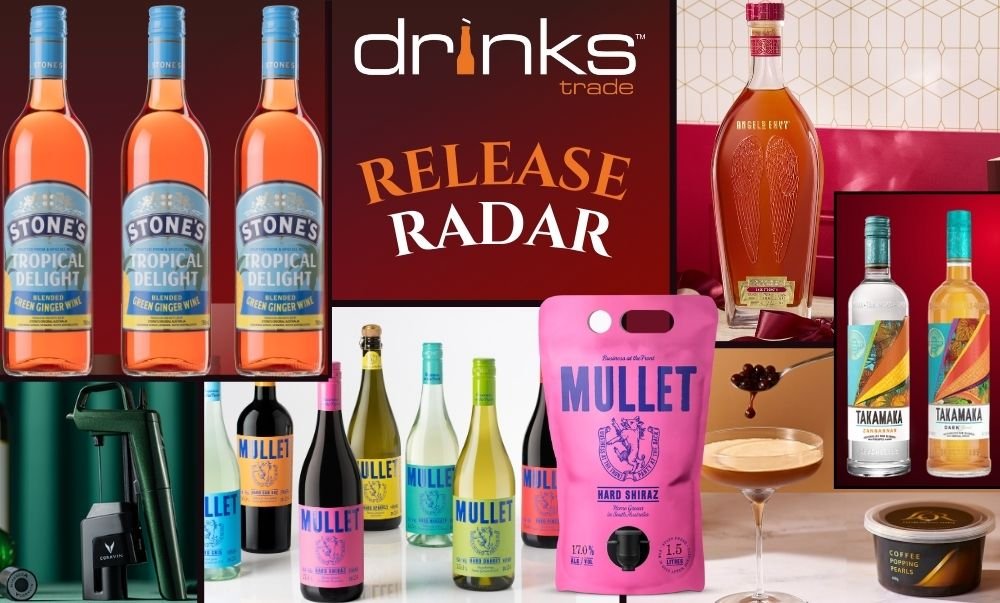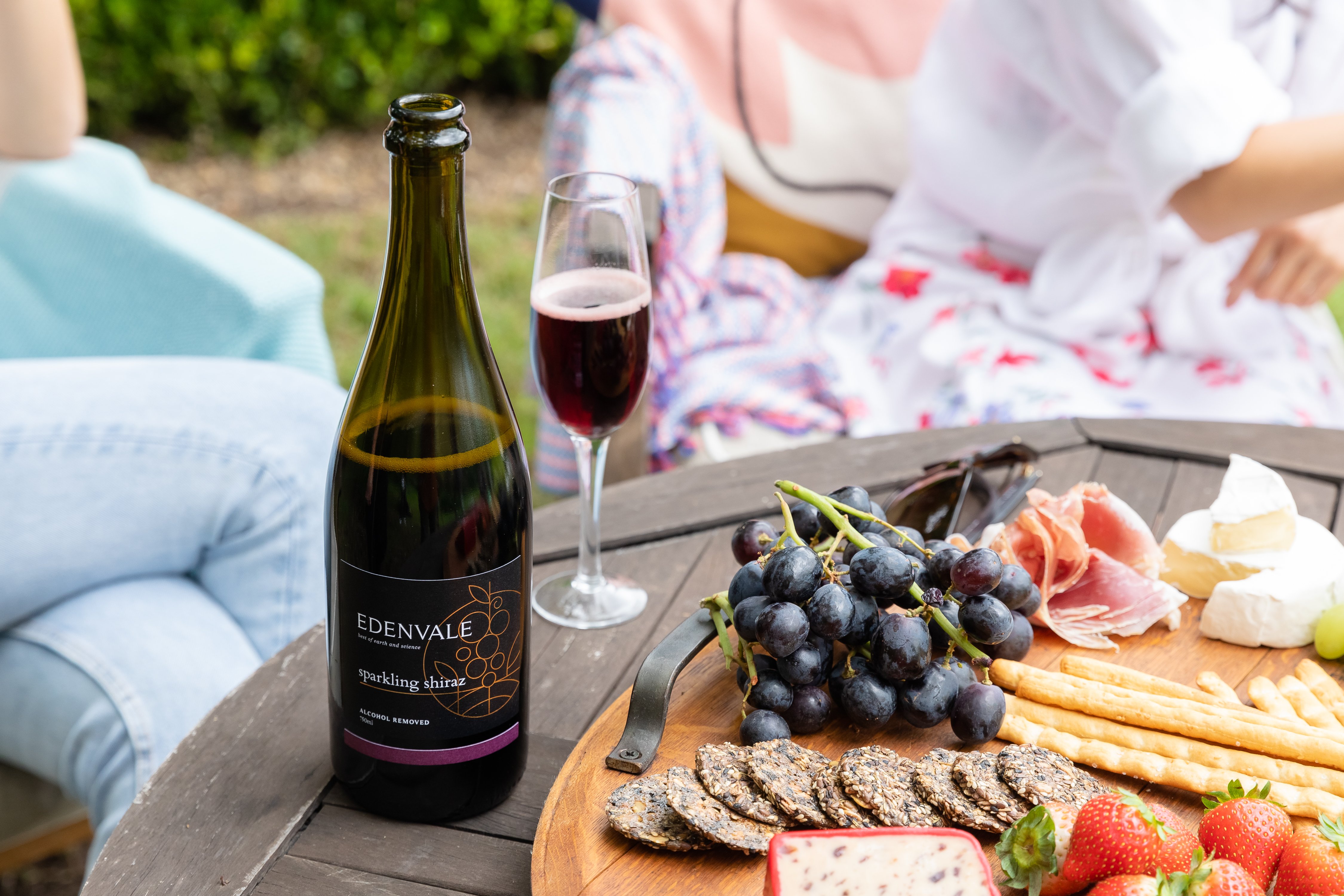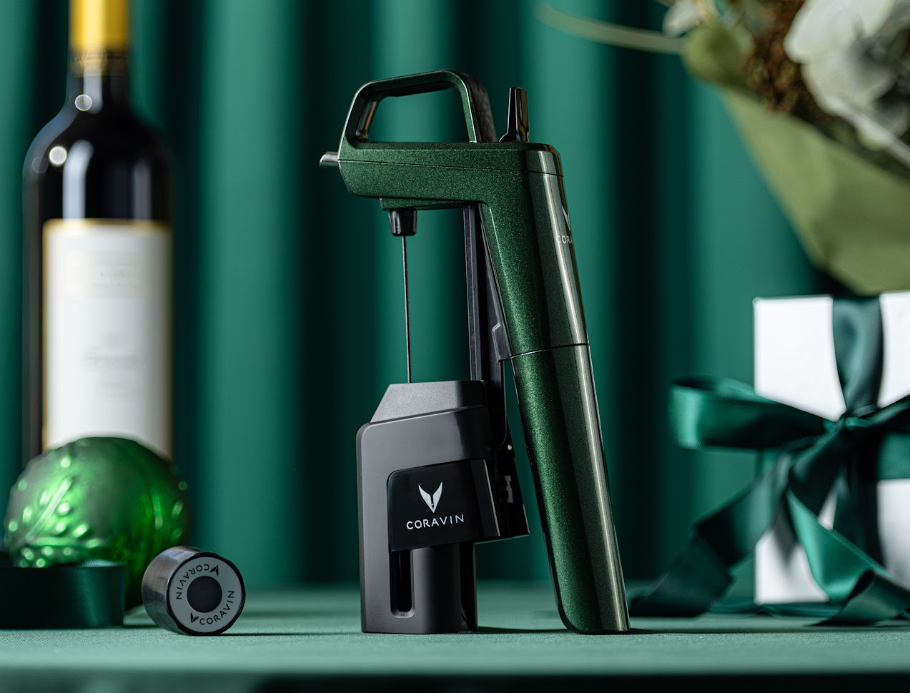The Royal Australian College of Physicians (RACP) wants NSW cask wine prices dramatically increased to discourage binge drinking.
RACP has written a submission to the parliamentary review of NSW liquor laws, asking for them to be tightened.
It wants the government to consider limiting the density of bottle shops as part of liquor licensing and introducing a minimum price for alcohol.
RACP’s drug and alcohol expert Professor Paul Haber said: “Now is not the time for complacency.
“Instead, we should be talking about more ways we can strengthen our laws to protect the community from other forms of alcohol-related harm.”
A four litre box of NSW cask wine that sells for around $13 at bottle shops would increase to $52.
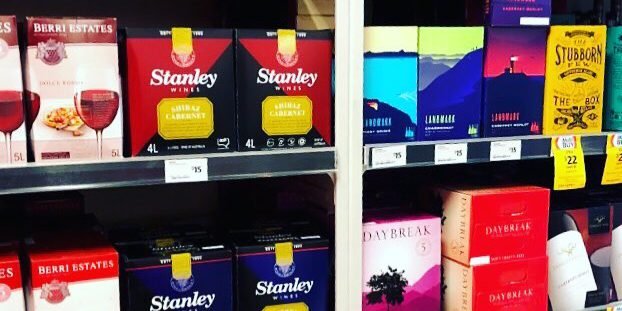
“We know that the rates of alcohol consumption in Australia are contributing to a significant disease burden for individuals and our health services,” Prof Haber said.
“Alcohol use contributes to the burden of 30 diseases and injuries, including alcohol use disorders, eight types of cancer, chronic liver disease and 12 types of injury, predominantly road traffic injuries, suicide and self-inflicted injuries.”
Advocacy group Last Drinks, made up of doctors and allied health workers, agrees.
“The facts are clear. Sydney’s successful alcohol laws have saved lives and prevented thousands of injuries,” the campaign’s spokesman Dr Tony Sara said.
“There is absolutely no doubt the laws have significantly reduced major alcohol-related injuries in both Kings Cross and the CBD. St Vincent’s Hospital has seen a 24.8% reduction of seriously injured patients during high alcohol periods and a 50% reduction in serious head injuries between 8pm and 8am.”
Last year, the Northern Territory became the first Australian jurisdiction to put a floor price on alcohol.
The territory's parliament passed the laws in August 2018, which require alcohol to be sold for at least $1.30 per standard drink.
Cask wine sales have plummeted in the NT since the laws were introduced.
The chief executive of Australian Grape and Wine, Tony Battaglene, told the Sydney Morning Herald that minimum floor pricing was a "blunt instrument" that targeted "poor people".
"We are watching how it goes in the Northern Territory but we believe all it has done is take cask wine out of the market and so people will substitute it for other forms, possibly drugs," Battaglene said.
"We believe that a better response would be more targeted measures around responsible drinking."
A cross-party parliamentary committee is currently examining submissions from supporters and opponents regarding the lock-out laws.
It is due to report back to parliament by the end of September.
Share the content
